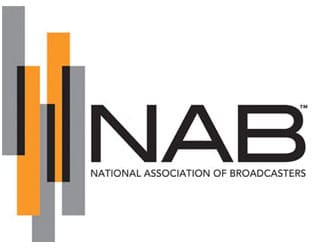John Lavine, Dean, Medill School at Northwestern University, was the only witness at yesterday’s Commerce Committee hearing who offered anything resembling a life preserver for FCC Chairman Kevin Martin and his anticipated intention to bring up ownership matters for an FCC vote in mid-December. And in his case, it was solely in regards to the issue of loosening restrictions on broadcast-print cross-ownership. He said 32 years of success and grandfathered newspaper/television combos was plenty of evidence to support their effectiveness.
Raleigh, North Carolina broadcaster Jim Goodmon repeated his advice that no ownership action be taken until the evidence is in from the digital revolution, where one television license may equal four program streams and one FM license may equal three. He also argued that current broadcast problems meeting financial goals can be blamed in part on too many companies that have taken on too much debt. Goodmon repeated his call for a workable definition of how to meet public interest standards and reporting requirements to assess compliance.
Seattle newspaper publisher Frank Blethen decried the presence of absentee owners in a journalism business that he considers to be a public trust. He said local coverage gets whittled down when outsiders focus on revenues rather than journalistic excellence. He said that even with all the doomsaying about newspaper, most are averaging 16%-18% profit margins, which he says proves the industry isn’t dying off and doesn’t require cross-ownership to be saved. Blethen also countered Lavine’s testimony, noting a Free Press study of FCC data which shows a net loss of local news in markets where TV/newspaper combos exist since those combos become so dominant they inhibit competition.
Mr. Alex Nogales, President and CEO of the National Hispanic Media Coalition, wants minority ownership issues addressed first. He said minorities are "locked out" at present and that any attempts to further deregulate ownership are premature until that’s dealt with.
Parents Television Council President Tim Winter said that consolidated ownership leads to a coarsening of content. Further, it’s not being reported, particularly over broadcast news sources, since they don’t want to put a negative spotlight on themselves. Cross-ownership would be bad, he argued, because an important check on broadcast programmers would be sacrificed.
RBR/TVBR observation: We have to take Winter to task on at least one point. It may be true that local affiliates are reluctant to preempt network material over content issues, for a number of reasons. But his claim that the recent court ruling on fleeting expletives opened the door to 24/7 f-bombs, and the reason there is no public outrage is that the co-owned press isn’t reporting it? Nonsense. The reason there is no public outrage is that the public, which consumes mass quantities of broadcast content, is rarely exposed to such material. By definition, the incidents in question are fleeting and accidental. PTC’s apparent perception that the public airwaves have gone XXX is laughable.




